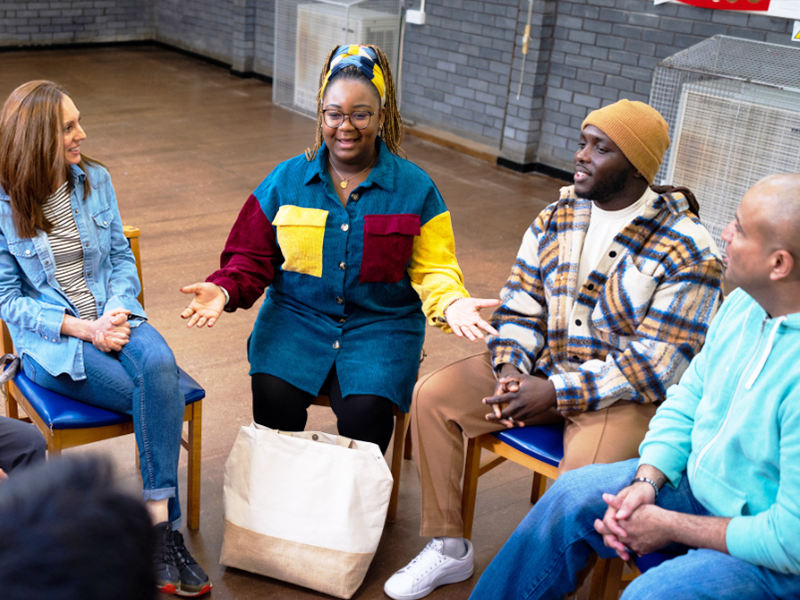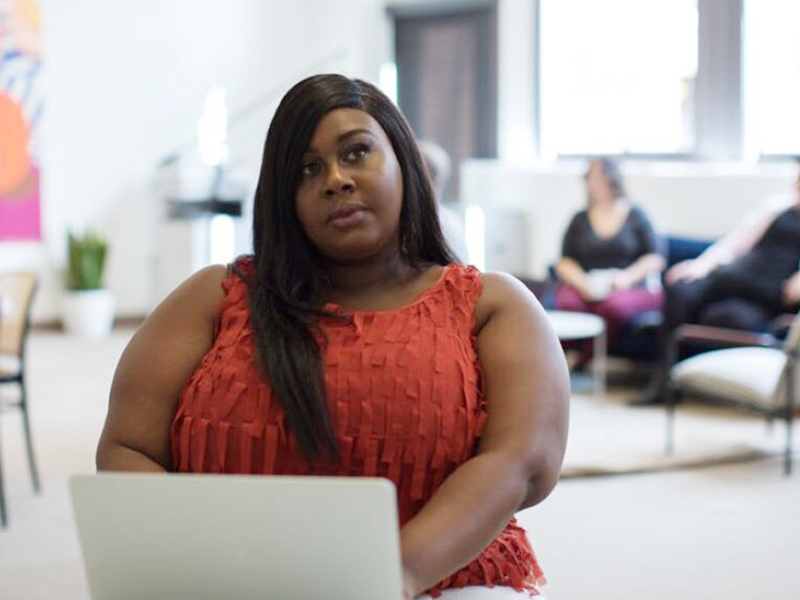How We Help Nonprofits Grow
Build Sustainable Strategies
Strategy plans that help you navigate a constantly changing environment.
Inspire Your Leadership
Training and programs to develop adaptive and courageous leaders.
Grow Your Impact
Expert support to strengthen your mission and change more lives.
Our Work, Your Community

Partner with CRE to Multiply Your Impact.
NEWS & RESOURCES

CRE CLIENTS
















































































